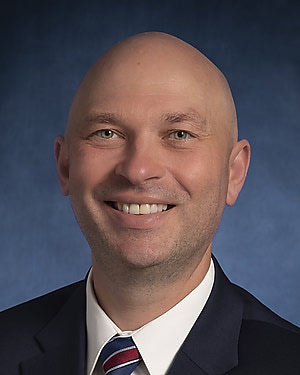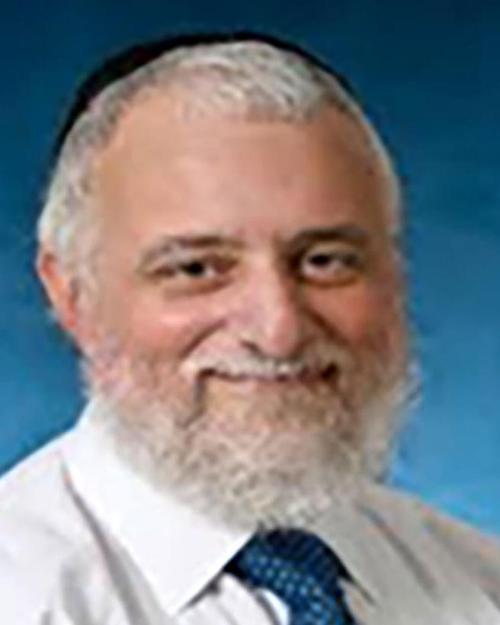Research Lab Results
-
Karen Reddy Laboratory
The focus of the research in the Reddy Laboratory is to begin to understand how the nuclear periphery and other subcompartments contribute to general nuclear architecture and to specific gene regulation. Our research goals can be broken down into three complementary areas of research: understanding how genes are regulated at the nuclear periphery, deciphering how genes are localized (or ""addressed"") to specific nuclear compartments and how these processes are utilized in development and corrupted in disease.
-
Natalie West Lab
The Natalie West Lab collaborates with Noah Lechtzin’s lab to study cystic fibrosis, with a particular focus on new resistant bacteria and their effect on the lung function of people with cystic fibrosis. -
Nicholas Flavahan Lab
The Nicholas Flavahan Lab primarily researches the cellular interactions and subcellular signaling pathways that control normal vascular function and regulate the initiation of vascular disease. We use biochemical and molecular analyses of cellular mediators and cell signaling mechanisms in cultured vascular cells, while also conducting physiological assessments and fluorescent microscopic imaging of signaling systems in isolated blood vessels. A major component of our research involves aterioles, tiny blood vessles that are responsible for controlling the peripheral resistance of the cardiovascular system, which help determine organ blood flow. -
Liudmila Cebotaru Lab
Research in the Liudmila Cebotaru Lab studies cystic fibrosis transmembrane conductance regulator (CFTR) mutants. We also investigate corrector molecules that are currently in clinical trials to get a better understanding of their mechanism of action. A major focus of our research is on developing more efficient gene therapy vectors with the ultimate goal of developing a gene therapy for cystic fibrosis.
-
Laboratory of Richard L. Huganir
The Laboratory of Richard L. Huganir is interested in the mechanisms that regulate synaptic transmission and synaptic plasticity. Our general approach is to study molecular and cellular mechanisms that regulate neurotransmitter receptors and synapse function. We are currently focusing our efforts on the mechanisms that underlie the regulation of the glutamate receptors, the major excitatory neurotransmitter receptors in the brain. -
Lewis Romer Lab
Work in the Lewis Romer Lab focuses on the responses of vascular systems to disease and injury. Using cultured human endothelial cells and fibroblasts from mice that lack expression of the FAK- or Src-family kinases, we’re exploring several topics. These include the effect of inflammatory cytokine on cell adhesion to the extracellular matrix; the role of FAK signaling in inhibiting apoptosis; and the function of FAK- and Src-family kinases in cell-matrix interactions during adhesion and motility. -
Older Americans Independence Center
The Older Americans Independence Center (OAIC) studies frailty, an age-related condition in which older adults lose the capacity to cope with stressors and become vulnerable to functional decline, loss of independence and mortality. Since its original funding in 2003, the center has helped demonstrate that frailty is a syndrome caused by multiple biological mechanisms that are expressed through characteristics of decreased resiliency and reserve in older adults. The mission of OAIC is to provide a hypothesis-driven, frailty-focused, highly interdisciplinary center where supported investigators receive the expertise, resources and training necessary to make fundamental discoveries related to the origins and causes of frailty and then move these discoveries towards frailty-focused interventions. -
Florin Selaru Lab
Research interests in the Florin Selaru Lab comprise the molecular changes associated with the transition from inflammatory states in the GI tract (colon, stomach, biliary tree) to frank cancers. In addition, our current research—funded by the AGA, FAMRI and the Broad Foundation—works to further the understanding of cancer development and progression in the gastrointestinal tract.
-
Follow the Leader: Specialized Cancer Cells Lead Collective Invasion (Ewald Lab)
Research in the Ewald laboratory starts from a simple question: Which cells in a breast tumor are the most dangerous to the patient and most responsible for metastatic disease? To answer this question, we developed novel 3-D culture assays to allow real-time analysis of invasion. Our data reveal that K14+ cancer cells play a central role in metastatic disease and suggest that the development of clinical strategies targeting these cells will provide novel breast cancer treatments. -
Franck Housseau Lab
The Franck Housseau Lab focuses on the role of the microbiome in colorectal tumorigenesis and on developing a better understanding of the tumor immune microenvironment. The lab is currently working to define the biomarkers of a pre-existing antitumor immune response in metastatic colorectal cancer to define a population of patients eligible for checkpoint blockade therapies.





